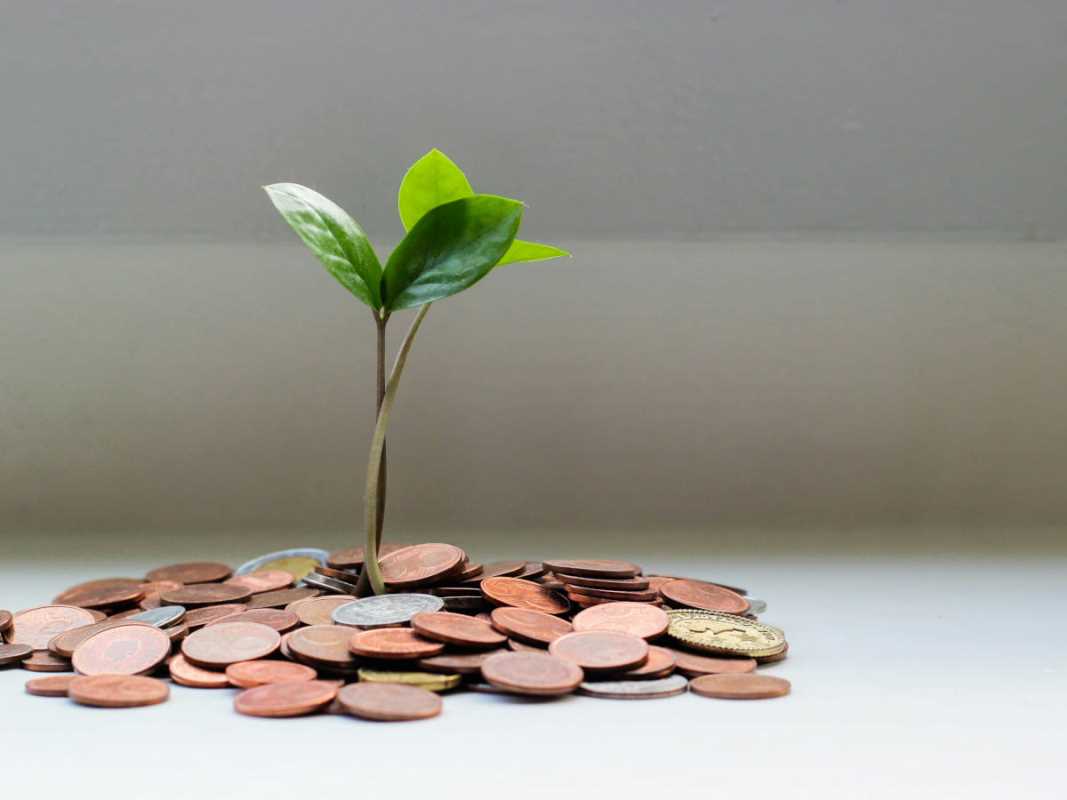Forgiveness is often seen as a noble act, but many don’t realize it is also a powerful tool for personal freedom and growth. When we hold onto resentment, it’s not just our emotions that take a toll. Our mental, physical, and even social well-being can suffer. The science of forgiveness reveals that letting go can unlock a profound sense of peace and healing. It’s not about excusing what happened or forgetting the pain but choosing to release the hold it has over you. Research has shown that forgiveness benefits the people we forgive and, perhaps more significantly, ourselves. If you’ve been struggling to forgive someone or even yourself, it might be time to explore how forgiveness can transform your life.
What Science Says About Forgiveness
Forgiveness isn’t just a warm, fuzzy concept; it’s backed by extensive research in psychology, neuroscience, and even immunology. Scientists have discovered that forgiveness literally changes the brain and body in ways that promote healing and happiness.
The Psychological Benefits
Forgiveness can reduce feelings of anger, anxiety, and depression. Studies published in The Journal of Behavioral Medicine show that people who forgive report higher levels of life satisfaction and lower levels of psychological distress. Holding on to resentment keeps us in a fight-or-flight mode, constantly reliving the hurt. When you forgive, you deactivate that stress response.
The Physical Health Impact
The physiological effects of forgiveness are just as impressive. Chronic anger and resentment increase cortisol levels, weakening your immune system over time. Studies show that people who practice forgiveness have lower blood pressure, healthier heart rates, and even improved sleep quality.
Dr. Everett Worthington, one of the leading researchers in forgiveness, notes that forgiveness reduces unhealthy levels of stress. By letting go, you pave the way for a healthier, more balanced body.
Brain Chemistry and Forgiveness
Forgiveness also rewires the brain. Brain imaging research indicates that forgiving activates areas associated with empathy and problem-solving. These neural changes can make making peace with the past easier, build resilience, and improve your emotional regulation in the long run.
Simply put, the science is clear: Forgiveness is good for the soul and incredible for the mind and body.
What Forgiveness Is (and What It Isn’t)
Understanding what forgiveness means is crucial. Forgiveness is not about condoning injustice, minimizing trauma, or blindly reconciling with someone who has hurt you. Instead, forgiveness is about your decision to release the burden of resentment, anger, and pain. It’s reclaiming the emotional space occupied by negativity.
Forgiveness:
- Is a personal choice for your well-being.
- Does not mean forgetting what happened.
- Does not obligate you to repair damaged relationships.
- Is an act of self-empowerment, not weakness.
Holding onto resentment may feel justified, and in some instances, it may even seem protective. But science reveals that it is forgiveness—not bitterness—that liberates us.
The Cost of Holding Onto Grudges
Before we explore how to cultivate forgiveness, it’s essential to look at what happens when we don’t. Carrying emotional baggage weighs us down in ways we often don’t notice. Residual anger can accumulate in our bodies, leading to chronic stress. Unresolved grudges also impact relationships, making connecting and trusting others harder.
Physiologically, pent-up anger keeps your nervous system on high alert, perpetuating feelings of tension or exhaustion. Mentally, it could lock us into a state of rumination, replaying past hurts and deepening emotional scars.
Forgiveness allows you to break free from this cycle. Imagine the relief of unclenching years of mental and emotional tightness. You’ll likely find greater peace, creativity, and openness to new opportunities if you can stop carrying that weight.
Steps to Practicing Forgiveness
Forgiving may sound easier in theory than in practice, but it’s a skill you can develop. If forgiveness feels impossible right now, start small with these steps.
1. Acknowledge the Pain
Honesty is the first step toward forgiveness. Denying or suppressing feelings of hurt can make forgiveness more difficult. Take some time to sit with your emotions and acknowledge how you feel. Remember, your feelings are valid.
2. Understand the Root of the Hurt
What caused the pain or betrayal? Was it someone else’s actions or a mistake you made? Understanding the root allows you to better process the emotions tied to it. Sometimes, stepping back can give you perspective, helping you see that the offense was not about you but about the other person’s struggles or mistakes.
3. Shift Your Perspective
Forgiveness isn’t about erasing the past but reframing it. Ask yourself, “What am I gaining by holding on to this resentment? How might forgiveness help me move forward?” Many find that releasing resentment doesn’t just help them heal; it also develops empathy and emotional strength.
4. Write It Down
Journaling can be an incredibly therapeutic way to process complex emotions. Write a letter (just for you) explaining what happened, how it made you feel, and why you are choosing to forgive. Putting your thoughts into words often brings unexpected clarity.
5. Practice Self-Compassion
Forgiveness sometimes needs to start with yourself. If you’re constantly replaying mistakes or faults in your mind, remind yourself that growth comes from self-acceptance. Forgive yourself for not being perfect—for not knowing what you know now.
6. Start Small
If forgiveness feels overwhelming, practice it in small ways first. Is there a minor grievance or annoyance you can forgive today? For example, letting go of irritation over someone cutting you off in traffic. These small acts build the muscle for bigger acts of forgiveness.
7. Visualize Release
Imagine holding onto a boulder. Now visualize yourself putting it down, letting gravity take it from you. Imagine the lightness and ease in your body after letting it go. Trust that you are freeing yourself in the process.
8. Seek Help if Needed
Sometimes, forgiveness may require professional help, such as therapy or counseling. A trained professional can provide strategies and tools to help you work through deeper wounds or trauma.
How Forgiveness Opens the Door to Freedom
Forgiveness is one of the greatest acts of self-love you can offer. When you forgive, the chains of anger, fear, and pain loosen their grip. This allows you to:
- Focus your energy on growth, not resentment.
- Foster stronger, more positive relationships.
- Cultivate inner peace and emotional freedom.
Choosing to forgive also builds resilience and optimism. It teaches you that you have the power to take control of how you respond to life’s challenges. Forgiveness doesn’t just heal the past; it empowers your future.
Forgiveness in Everyday Life
You don’t have to wait for a monumental moment to practice forgiveness. It can show up in everyday interactions, like letting go of a friend’s hurtful comment or forgiving your partner for forgetting an important date.
Not every act of forgiveness will feel monumental, but each one contributes to a lighter, freer you.
Forgiveness is a process, not a destination. It might feel messy and imperfect, and that’s okay. What matters is your commitment to letting go of the things weighing you down. Think of one act of forgiveness you can take today, whether it’s forgiving a past hurt, letting go of a grudge, or being kinder to yourself. Even a small step can make a big difference.







